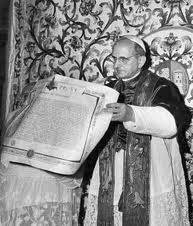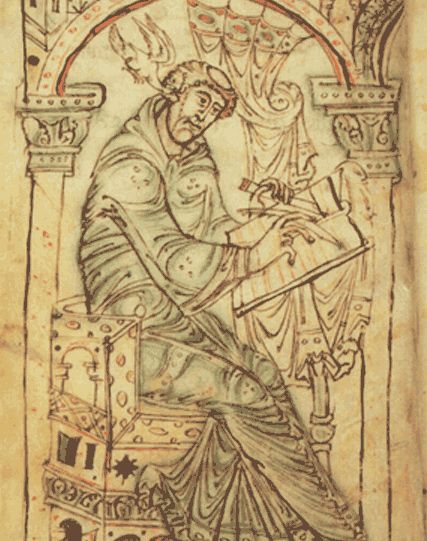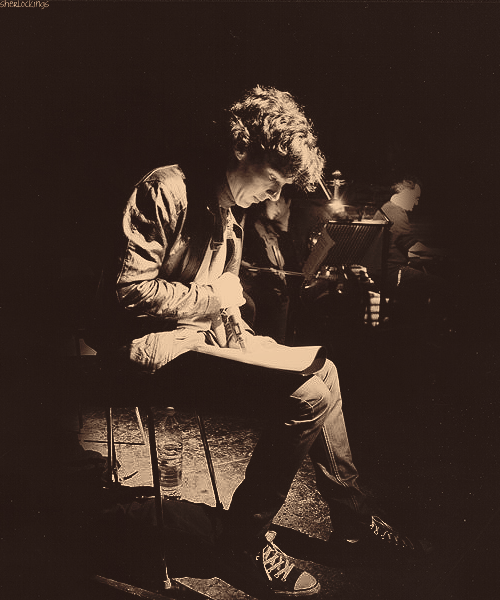"There is nothing like looking, if you want to find something. You certainly usually find something, if you look, but it is not always quite the something you were after."
-J.R.R. Tolkien
After a more chaotic than expected finals week, and completing the last of my MLS coursework, I can now call myself a bona fide librarian! As much as graduations merit at least a little reflection, they are almost always, in my experience, occasions more for chaos than ceremony, and so, after a couple weeks of being whisked along by the momentum of final projects, last days at work, bidding final farewells to friends, paperwork, packing, and moving, I finally have found a few spare moments in which to write. I cannot say that mind all the distraction this time around. My relationship with Bloomington has not, on average, been far from adversarial. I
will, however,
miss the excellent public library, the huge selection of good Eurasian restaurants, the year-round farmer's market, the university's vast library system, and the walkability of the town. While my home for the past couple years is not my heart's paradise, I cannot say that my time here was time wasted, for my understanding of, and capacity for humility and detachment have grown immensely in this place.
A large state school is, for me, particularly well-suited to purging self-importance, pride, and attachment to success and spiritual comfort. These conditions seem, to me, to mirror the opportunities for humility and detachment provided by libraries and librarianship itself. The immensely diverse and compassionately wrought backgrounds and philosophies of my colleagues is a constant source of humility, gratitude, and challenge. I am very grateful for this, among other things, in my profession. This simple truth, however, would hardly be appreciated in a library school application essay, or in public declarations of the value of librarianship.
In my fledgling career, I have had the luck and privilege to work at some of this country's most prized institutions, if only as a humble page and intern. Their collections, steeped in tradition, history, notoriety, and appraised at astonishing monetary value, are cause for wonder, especially to those setting their eyes on them for the first time. Libraries, for this reason (among others), remain one of the only universally recognized sacred spaces. I still remember vividly the adrenaline-ridden gravitas of my first encounters with ancient Greek papyri and a copy of Shakespeare's First Folio, and that rapturous first visit to the
British Library's Treasure Room. In my childish delight and awe, I truly felt that these were portals to other worlds and times, and my student-imagination romantically imbued the handling (and viewing) of these items with a sense of sacred ritual.






